Chinese President, Xi Jinping will visit pavilion being set up by Pakistan at the China International Import Expo (CIIE) which is scheduled to be held in Shanghai from November 5 to 10.
“Pakistan, a country of honor, is setting up its pavilion to display its products and it is hoped that President Xi Jinping will visit our pavilion,” Pakistan Ambassador to China, Masood Khalid told APP here on Sunday.
He said that Pakistan would exhibit its main products and highlight the development process and achievements in science and technology, information technology and other areas besides projecting the government’s priorities.
Ambassador Khalid said that Pakistani companies and entrepreneurs would introduce their market potential and exhibit products at the expo and play an important role to further enhance economic cooperation with Chinese companies and the business community.
Pointing out other factors of the expo beneficial for Pakistan, he said, the business groups and companies from the US, Europe and other parts of the world would also be participating and exhibiting their products.
The expo would see the participation of more than 2,800 companies from 130 countries and regions, and 160,000 buyers from over 80,000 Chinese and foreign companies.
“Our businessmen and traders will have an opportunity to interact with only their Chinese counterpart but also introduce themselves to the business community of other countries as well,” he added.
According to experts, the expo would create more opportunities for extensive and in-depth trade cooperation between Pakistan and China.
A look at China’s market reveals that it was the world’s biggest destination for agricultural products including grains, cotton, sugar, meat, and milk – and Pakistan produces almost all of these in abundance. Connecting the agro potential of Pakistan with China’s opening up measures, the expo would help in exploring new trade avenues.
One-third of Pakistan’s total agricultural export was rice. Just a few years back, China was the second largest buyer of Pakistan’s non-basmati type rice but the continuously evolving arrangements have changed the scenario.
Nonetheless, traders and governments from both countries had recently shown a willingness to resume their high-volume trade.
After a positive response from the Chinese side to Pakistan’s request for preferential treatment during the Free Trade Agreement (FTA) discussions, it was expected that the commodity’s export to China would increase.
Pakistan was the world’s fourth largest producer of cotton and had Asia’s third largest spinning capacity. Several factors, including the higher competitiveness of products and the U.S. dollar’s surge against the local currency, boosted its textile exports to around nine percent in the last financial year.
Fruits also formed a strong part of Pakistan’s export base. Most prominent among these was a citrus variant known as kinnow which hit a record high export figures of 370,000 tons in the 2017-18season. Experts believed that Pakistan had an immediate capacity of exporting 50 to 80 thousand tons of kinnow to China in the next three years.
Mangoes, revered as the king of fruits in Pakistan, were another of its major exports. Shipping starts in the month of May but was mostly headed to Europe. This year’s increased queries from Chinese buyers, however, would lead to an expanded share in China.—APP.
“Pakistan, a country of honor, is setting up its pavilion to display its products and it is hoped that President Xi Jinping will visit our pavilion,” Pakistan Ambassador to China, Masood Khalid told APP here on Sunday.
He said that Pakistan would exhibit its main products and highlight the development process and achievements in science and technology, information technology and other areas besides projecting the government’s priorities.
Ambassador Khalid said that Pakistani companies and entrepreneurs would introduce their market potential and exhibit products at the expo and play an important role to further enhance economic cooperation with Chinese companies and the business community.
Pointing out other factors of the expo beneficial for Pakistan, he said, the business groups and companies from the US, Europe and other parts of the world would also be participating and exhibiting their products.
The expo would see the participation of more than 2,800 companies from 130 countries and regions, and 160,000 buyers from over 80,000 Chinese and foreign companies.
“Our businessmen and traders will have an opportunity to interact with only their Chinese counterpart but also introduce themselves to the business community of other countries as well,” he added.
According to experts, the expo would create more opportunities for extensive and in-depth trade cooperation between Pakistan and China.
A look at China’s market reveals that it was the world’s biggest destination for agricultural products including grains, cotton, sugar, meat, and milk – and Pakistan produces almost all of these in abundance. Connecting the agro potential of Pakistan with China’s opening up measures, the expo would help in exploring new trade avenues.
One-third of Pakistan’s total agricultural export was rice. Just a few years back, China was the second largest buyer of Pakistan’s non-basmati type rice but the continuously evolving arrangements have changed the scenario.
Nonetheless, traders and governments from both countries had recently shown a willingness to resume their high-volume trade.
After a positive response from the Chinese side to Pakistan’s request for preferential treatment during the Free Trade Agreement (FTA) discussions, it was expected that the commodity’s export to China would increase.
Pakistan was the world’s fourth largest producer of cotton and had Asia’s third largest spinning capacity. Several factors, including the higher competitiveness of products and the U.S. dollar’s surge against the local currency, boosted its textile exports to around nine percent in the last financial year.
Fruits also formed a strong part of Pakistan’s export base. Most prominent among these was a citrus variant known as kinnow which hit a record high export figures of 370,000 tons in the 2017-18season. Experts believed that Pakistan had an immediate capacity of exporting 50 to 80 thousand tons of kinnow to China in the next three years.
Mangoes, revered as the king of fruits in Pakistan, were another of its major exports. Shipping starts in the month of May but was mostly headed to Europe. This year’s increased queries from Chinese buyers, however, would lead to an expanded share in China.—APP.

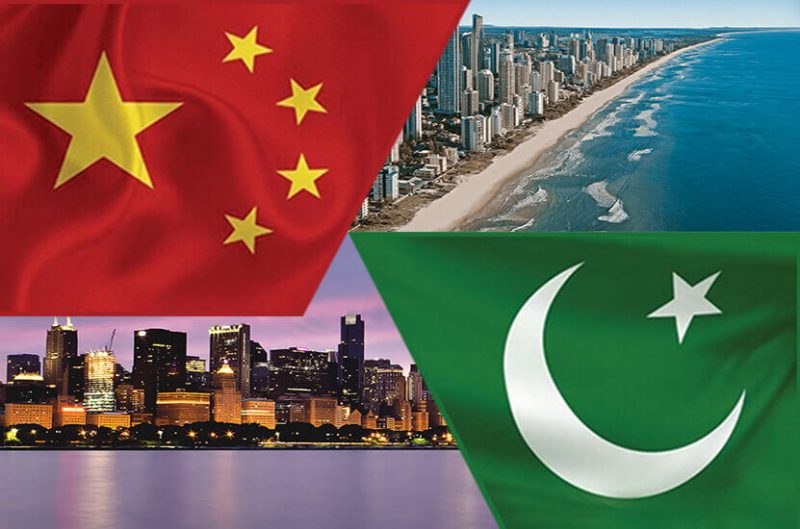
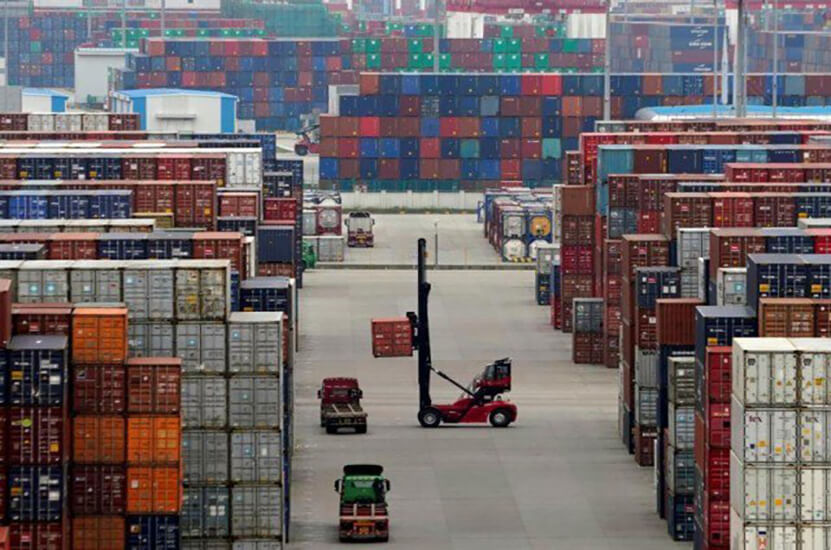
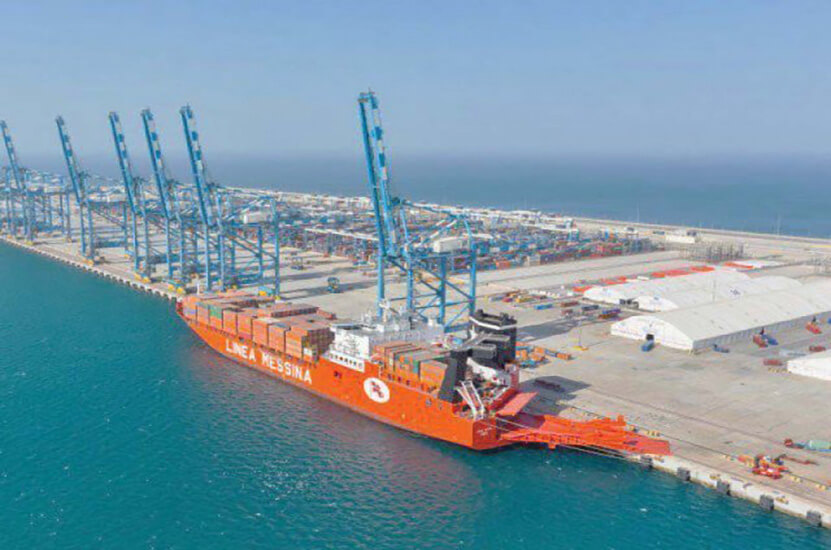
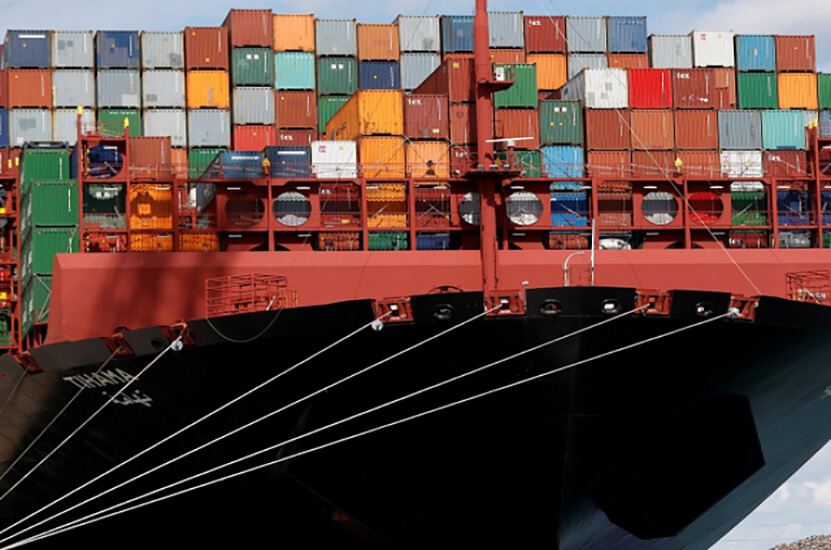
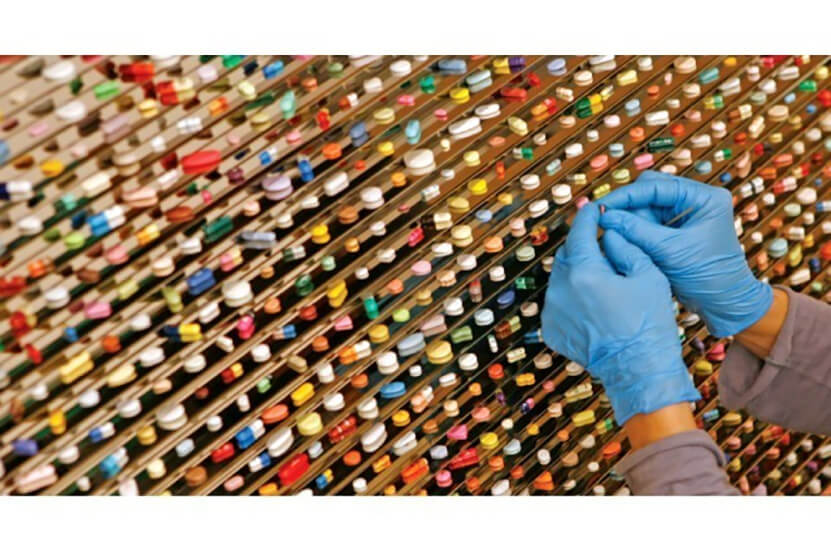
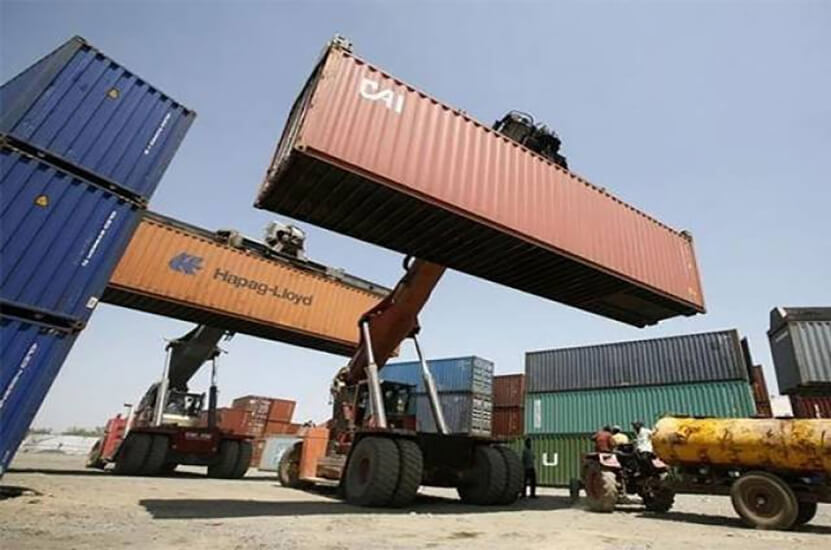
Leave A Comment